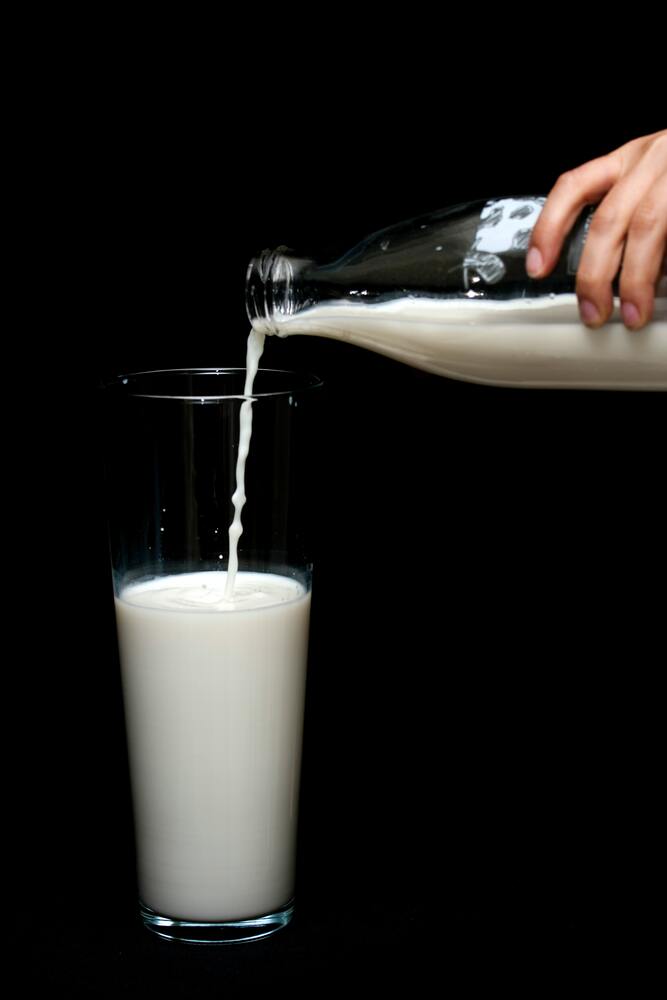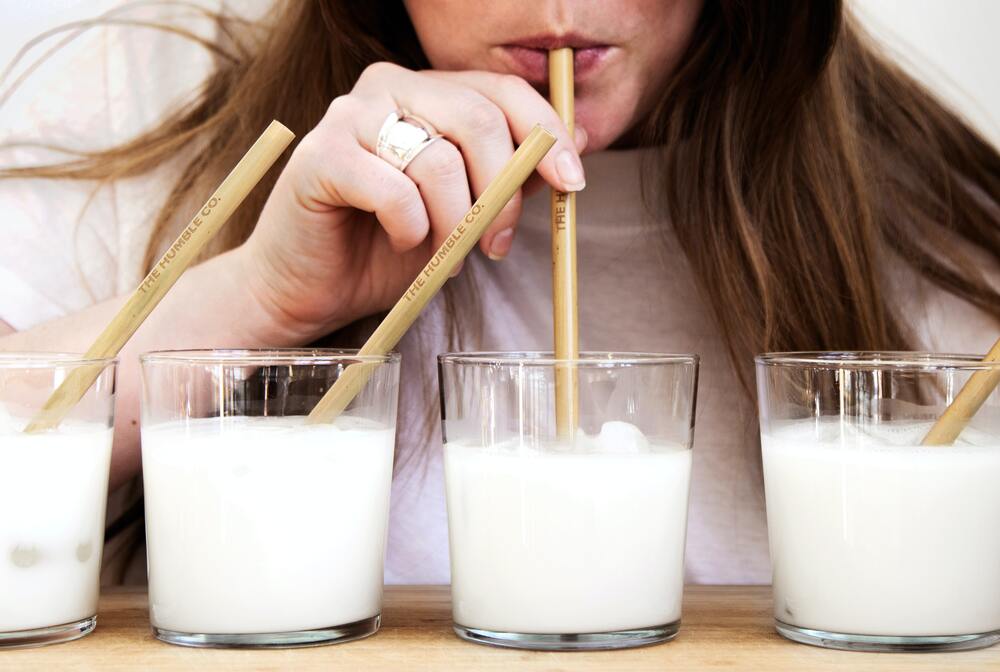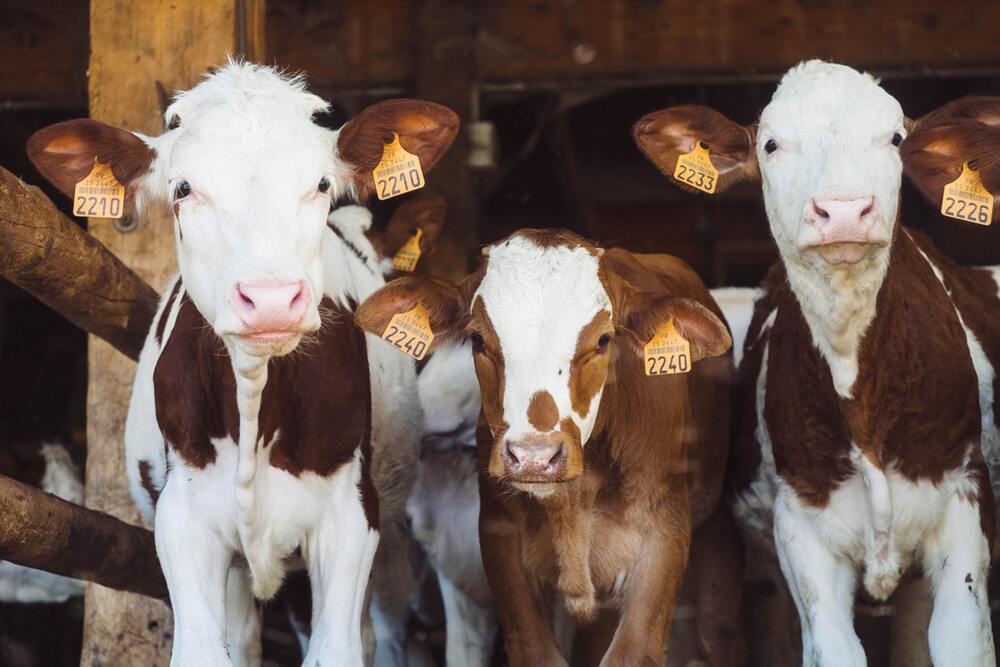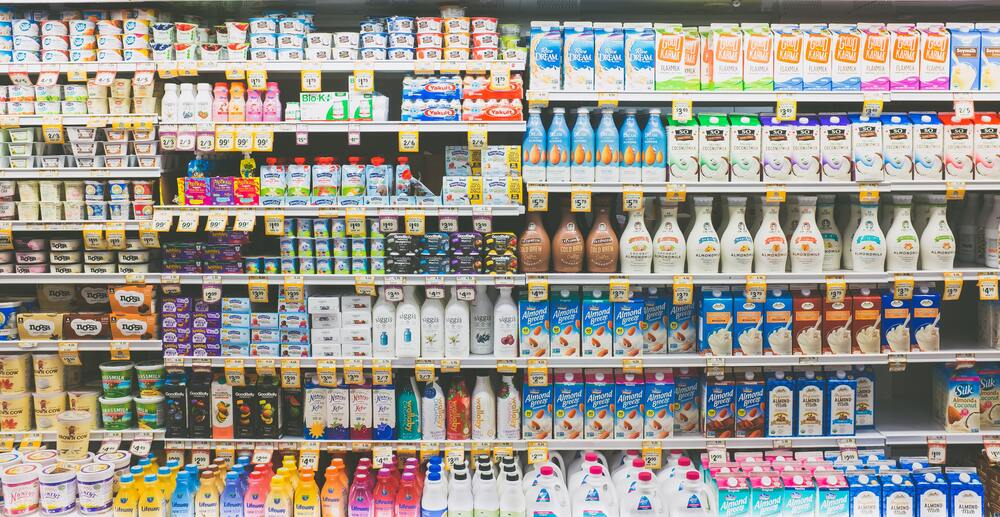Can You Drink Milk on a Keto Diet? Understanding the Role of Milk in a Low-Carb Diet
Can You Drink Milk on a Keto Diet? Understanding the Role of Milk in a Low-Carb Diet
The ketogenic diet is a low-carb, high-fat diet that has gained popularity in recent years as a weight loss and health improvement strategy. As with any dietary restriction, it is important to understand which foods are allowed and which are not, and this includes milk. Can you have milk on keto? Is milk keto friendly? What milk can you drink on keto? Does milk have a lot of carbs? Can you have milk on low carb diet? Is milk ok for keto diet? Is whole milk keto? All these questions are the most common ones for the person who is thinking about starting keto or has just got into it. So, in this article, we will find all the answers to the most popular questions about milk and other dairy products on keto diet.
Is Milk Keto Friendly?
The question of whether or not milk is keto friendly is a bit complicated, as it depends on the type of milk and the amount consumed. In general, cow's milk is not considered to be a keto friendly food due to its relatively high carbohydrate content. A cup of whole milk contains about 12 grams of carbohydrates, with most of it coming from the natural sugar lactose.
However, certain types of milk may be more suitable for those following a ketogenic diet. For example, unsweetened almond milk, coconut milk, and heavy cream are all considered to be low-carb options. These alternatives have a much lower carbohydrate content, making them a better fit for those following a keto diet.
Keto-Friendly Milk Options: Exploring Low-Carb Alternatives
When it comes to consuming milk on a keto diet, it's important to be mindful of portion sizes. Consuming small amounts of milk, such as a splash in your coffee or tea, is likely to be fine as long as it fits within your daily carbohydrate allotment. However, drinking large amounts of milk could potentially kick you out of ketosis.
It's also important to note that some people may be intolerant to lactose, a sugar found in milk. If you experience symptoms such as bloating, gas, or diarrhea after consuming milk, you may want to try a lactose-free milk alternative or limit your consumption.
Whole milk is also keto friendly in moderate amounts, as it contains more fat than other types of milk. Whole milk is an excellent source of healthy fats, and it's a good option for those following a ketogenic diet.
Whole Milk on Keto: Examining the Role of Fat Content
It's important to remember that the keto diet is not just about limiting carbohydrates, but also about increasing healthy fats in your diet. Milk can be a good source of healthy fats, especially if you choose full-fat options.
Tracking Macronutrients: How to Incorporate Milk into Your Ketogenic Diet
Another important aspect to consider when discussing whether or not milk can be consumed on a ketogenic diet is the protein content. Milk is a good source of protein, but it's important to keep in mind that protein can also be converted into glucose through a process called gluconeogenesis. This means that consuming too much protein can potentially kick you out of ketosis.
Dairy-Free Keto
To ensure that you're staying within your carbohydrate and protein limits, it's important to track your macronutrient intake using a food tracking app or a simple food diary. This can help you to see how much milk you can comfortably include in your diet without compromising your ketosis.
Another thing to keep in mind is that some people may find that they feel better on a ketogenic diet if they avoid dairy altogether. Some people may experience digestive issues or other symptoms when consuming dairy, and for these individuals, it may be best to avoid milk and other dairy products altogether.
In addition, it's important to note that not all types of milk are created equal. For example, raw milk from grass-fed cows is generally considered to be healthier than pasteurized milk from grain-fed cows. This is because raw milk contains more beneficial bacteria and enzymes that can aid in digestion.
Fermented Dairy Products and Their Suitability for a Ketogenic Diet
Another important point to consider when discussing whether or not milk can be consumed on a ketogenic diet is the role of fermented dairy products. Foods like yogurt, kefir, and sour cream can be a great addition to a ketogenic diet as they are lower in carbohydrates and higher in fat than regular milk. Additionally, fermented dairy products are a good source of probiotics which can aid in gut health.
Customizing Your Keto Diet: Listening to Your Body and Making Adjustments
It's important to note that not all fermented dairy products are created equal. For example, a Greek yogurt is a good option as it is high in fat and protein, and low in carbohydrates. However, regular yogurt or sweetened yogurt is typically not a good choice for those following a ketogenic diet as it is higher in carbohydrates.
It is important to understand that milk and dairy products are not essential components of a ketogenic diet and there are many alternatives. If you find that you can't tolerate milk or dairy, there are many non-dairy alternatives such as coconut milk, almond milk, and flax milk. These alternatives are low in carbohydrates and can be used as a milk substitute.
Another important fact to consider when discussing whether or not milk can be consumed on a ketogenic diet is the cholesterol content. Whole milk, heavy cream, and other high-fat dairy products are relatively high in cholesterol, which can be a concern for some individuals, especially those with pre-existing cholesterol issues. However, it's important to note that dietary cholesterol has been found to have a relatively small effect on blood cholesterol levels in most people. Additionally, some research suggests that the cholesterol and saturated fat in dairy products may have beneficial effects on health, such as improving insulin sensitivity and reducing the risk of heart disease.
It's also important to keep in mind that the ketogenic diet is not a one-size-fits-all approach, and different people may have different needs and goals. For example, some people may find that they need to consume more carbohydrates than others to feel their best. It's essential to listen to your body and make adjustments to your diet as needed.
So, the answer to the main question whether you can you drink milk on keto - yes, as long as it fits within your daily carbohydrate, protein, and fat limits. However, cow's milk is not typically considered to be a keto-friendly food due to its relatively high carbohydrate content, and it is also high in cholesterol for some people. But there are alternatives such as unsweetened almond milk, coconut milk, and heavy cream that can be consumed on a low-carb diet.
Fermented dairy products such as Greek yogurt, kefir, and sour cream are considered to be lower in carbohydrates and higher in fat than regular milk, which makes them a good choice for a ketogenic diet. It's important to pay attention to the type of milk and dairy products you consume, as well as the portion sizes and macronutrient content, to ensure that they fit within your dietary goals and needs. Additionally, it is essential to listen to your body and make adjustments to your diet as needed. This may include avoiding dairy altogether if you experience negative symptoms or finding alternative non-dairy options that fit within your dietary requirements.
Might be interesting - The Best Macros For Fat Loss And Muscle Gain





